With breakthrough orientations in thinking, institutions, and resources, Resolution 71 puts learners at the center, promotes innovation and deep international integration, and at the same time, requires the drastic participation of the entire political system and society.
Many breakthroughs
Many teachers and experts expressed their joy at the birth of Resolution 71 and said that one of the new points of this Resolution is its objective, decisive, and solution-oriented nature with clearly quantified goals.
Associate Professor Dr. Nghiem Xuan Huy - Director of the Institute of Digital Training and Testing, Hanoi National University pointed out 7 new and breakthrough contents in Resolution 71, especially related to higher education .
Firstly, increase budget investment for education with the requirement that the State budget spend on education and training at least 20% of total budget expenditure. Of which, development investment expenditure reaches at least 5%; expenditure on higher education reaches at least 3%. The method of budget allocation is changed in quality: Shifting from widespread allocation to investment "based on mission, quality and efficiency" and "prioritizing ordering and assigning tasks to key sectors and fields according to output results".
Second, comprehensive university autonomy: Higher education and vocational education institutions are fully autonomous in academics, personnel, and finance, regardless of the level of financial autonomy; they have the right to decide on the recruitment and appointment of lecturers and leaders, including foreigners.
Third, special treatment policy for teachers with increased vocational allowances: 70% for preschool and primary school teachers, 30% for staff, 100% for teachers in disadvantaged areas. There is a policy to attract talented people from other fields to participate in teaching and research. Build a "program to attract excellent lecturers from abroad with outstanding incentives" with the specific goal of recruiting "at least 2,000 excellent lecturers from abroad" by 2030.
Fourth, promote digital transformation and AI application, specifically: Building a national education platform applying artificial intelligence; developing smart textbooks, smart classrooms, digital schools; incorporating digital capacity and AI into the curriculum from primary to university.
Fifth, increase rankings on international rankings. The resolution sets a target of having at least 8 universities in the top 200 in Asia by 2030, 1 in the top 100 in the world in some fields; by 2045, at least 5 in the top 100 in the world.
Sixth, change the management model with the regulation of not organizing a School Council in public educational institutions (except for schools with international agreements); implement the model of Party Secretary concurrently being the head of the educational institution; approve the policy of "merging and dissolving unqualified higher education institutions".
Seventh, prioritize the development of higher education and research. The resolution requires training programs to keep up with the future, not just meet current needs; integrate content on data analysis and artificial intelligence, entrepreneurship and start-ups into training programs; invest heavily in laboratories and excellent research centers; develop 3-5 elite universities following the model of world-class research universities; increase the number of international publications by 12%/year and the number of patents by 16%/year.
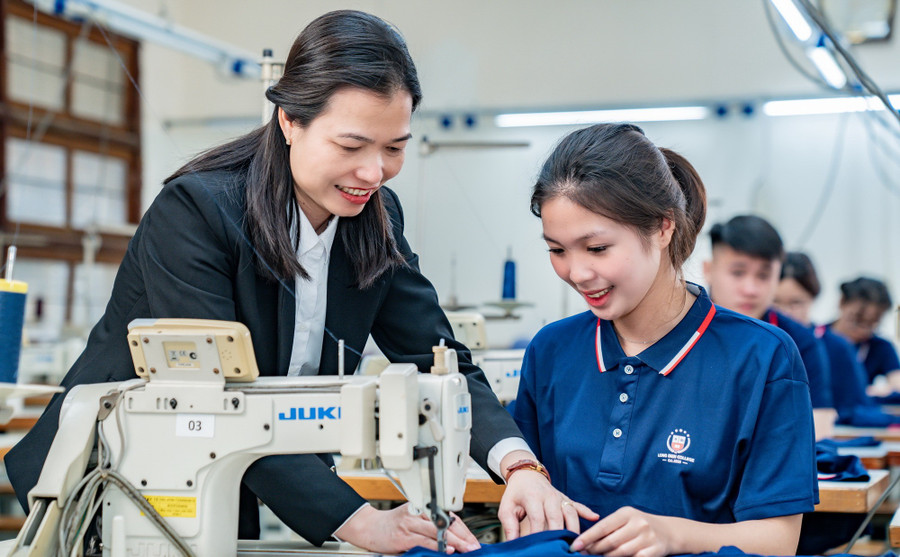
Clearly the strategic value of education and training
Through research, Mr. Le Tuan Tu - former Director of Khanh Hoa Department of Education and Training realized that the Resolution has clearly affirmed the strategic value of education and training, placing it on par with national policy. Education must become the driving force for national development, not only training human resources, but also forming personality and global citizens. This requirement emphasizes the systematic nature and consistent impact of the Resolution, going beyond the usual framework and connecting with development requirements in the 21st century.
Emphasizing that Resolution 71 has breakthroughs and positive impacts on the education and training sector, Mr. Le Tuan Tu discussed: Firstly, education is the top national policy. Accordingly, the Resolution identifies education and training as the pillar of the country, on par with economic investment, national defense and diplomacy. This changes strategic awareness in policy making.
Second, a breakthrough preferential policy for teachers. Accordingly, the Resolution mentions increasing vocational allowances for preschool and general education institutions to a minimum of 70% for teachers, a minimum of 30% for staff, and 100% for teachers in particularly difficult areas, border areas, islands, and ethnic minority areas. This policy demonstrates a commitment to improving living conditions to attract and retain talent for the education sector.
Third, comprehensive digital transformation in education. The resolution requires building a digital education platform, open data, strong application of AI and technology in management, teaching, and learning - improving efficiency, transparency, and accessibility.
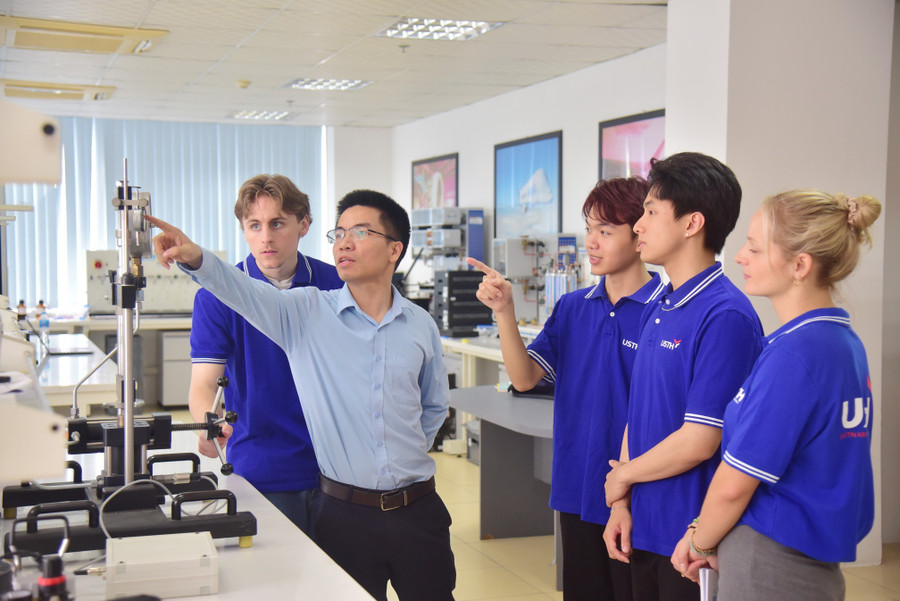
Fourth, elevate universities to national innovation centers. The goal is to have at least two Vietnamese universities among the world's top in key fields, helping to connect research, training and innovation in national development.
Fifth, ensure full and comprehensive autonomy for higher education institutions and vocational training institutions regardless of the level of financial autonomy. Fundamentally innovate financial mechanisms and policies and investment in education and training. Allocate the State budget to higher education institutions and vocational training institutions based on mission, quality and efficiency according to a unified mechanism throughout the sector; prioritize ordering and assigning tasks to key sectors and fields according to output results.
Mr. Dang Tu An - Director of the Vietnam Education Innovation Support Fund, former Director of the Department of Primary Education (Ministry of Education and Training) commented that Resolution 71 has emphasized more drastic measures, especially in terms of action chains and specific solutions. Concerned about the breakthroughs in the Resolution for general education, Mr. Dang Tu An first mentioned boldly pointing out the difficulties and limitations, such as the teaching staff and facilities not meeting the requirements; negativity, achievement disease, and heavy emphasis on degrees; comprehensive education for students is not effective; the concept of autonomy and socialization is not appropriate.
From there, the Resolution emphasizes basic and key viewpoints, such as: Ensuring enough schools and teachers; harmonizing comprehensive education with elite and specialized education; valuing preschool and general education as the foundation of personality; creating breakthroughs in resources, motivation and development space; public education as the mainstay, non-public education as an important component; open education...
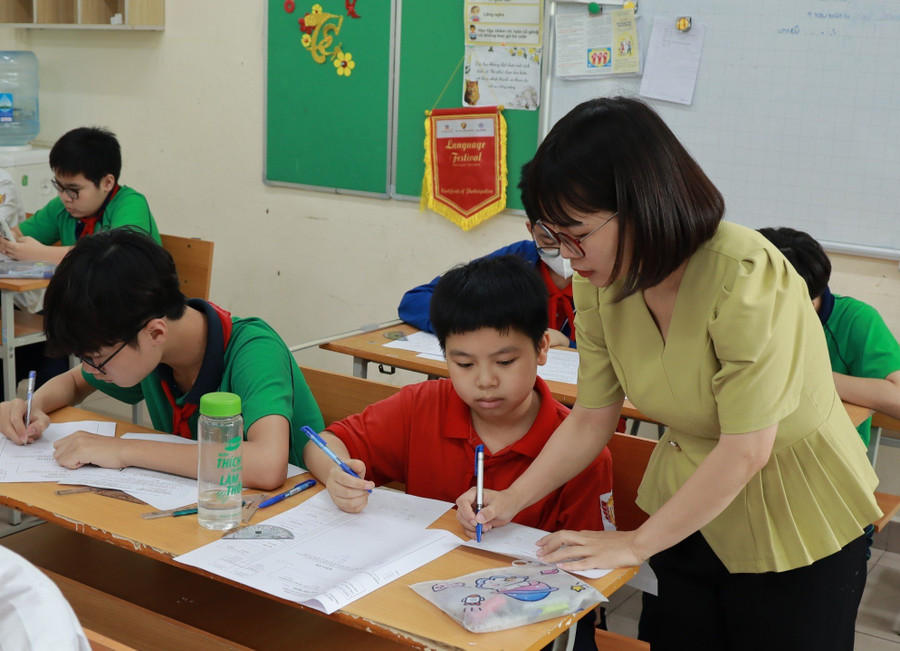
Education becomes the key driving force
In the context of the world entering the era of knowledge economy and increasingly fierce global competition, Ms. Chau Quynh Dao - National Assembly Delegation of An Giang province welcomed the Politburo's issuance of Resolution 71. This Resolution has created an important milestone, affirming the Party's strategic vision in making education a key driving force for the country's development.
According to Ms. Chau Quynh Dao, the most notable point of the Resolution is the view that people are the center, the creative subject and also the goal of development. Instead of focusing only on scale and quantity, the Resolution places the highest priority on quality, on forming a generation of citizens with creative capacity, critical thinking, international integration but still preserving national cultural identity.
Resolution 71 affirms the need to fundamentally reform the way the education and training system is managed, linking accountability with autonomy, and increasing decentralization to localities and educational institutions. This paves the way for a dynamic, transparent, flexible education system that is suitable to the characteristics of each region.
“One of the highlights is the policy of prioritizing training, fostering, and providing appropriate remuneration to build a team of high-quality teachers. Only when teachers are truly guaranteed a living standard and have their qualifications raised, can the career of “cultivating people” be successful. This is a strategic step to fundamentally solve the current shortage of teachers and shortcomings in training,” Ms. Chau Quynh Dao acknowledged.
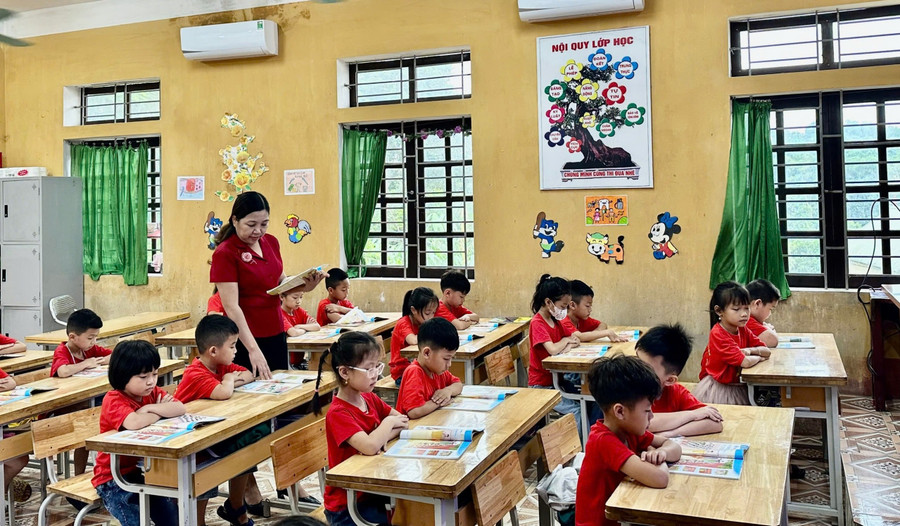
In addition, Resolution 71 emphasizes the need to shift from knowledge-based education to comprehensive capacity-building education. This means promoting program innovation in a streamlined, practical direction, enhancing digital skills, life skills and foreign language skills. Education will not only stop at “learning to know” but also “learning to do, learning to live together, learning to be”.
In particular, the policy of mobilizing diverse social resources to invest in education, while ensuring the leading role of the State, is considered the key to solving long-standing bottlenecks. The Resolution also aims to synchronously develop the infrastructure system, strongly apply digital transformation, and bring Vietnam closer to advanced educational models in the region.
“It can be said that Resolution 71/NQ-TW demonstrates a comprehensive vision, while being very realistic. Breakthroughs in institutions, staff, programs and finance, if seriously implemented, will create a profound transformation, helping Vietnam's education escape difficulties and challenges and truly become a driving force for national development,” Ms. Chau Quynh Dao emphasized, adding that with its strategic vision and breakthrough policies, Resolution 71 opens a new chapter for Vietnam's education - a liberal, humanistic, modern and integrated education, placing Vietnamese people at the center of the country's sustainable development,” Ms. Chau Quynh Dao expressed.
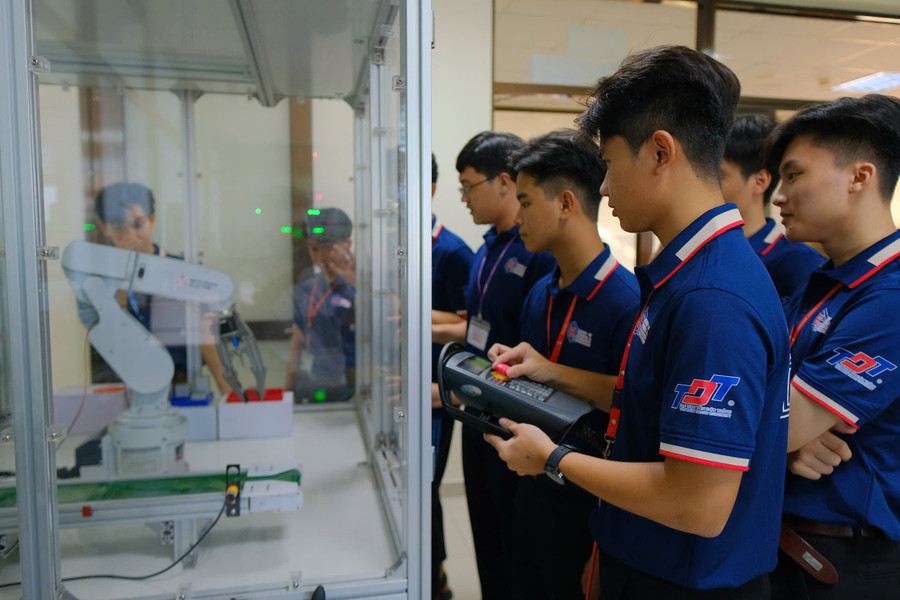
Need synchronous and drastic solutions
To quickly bring the Resolution into life, Ms. Chau Quynh Dao suggested three key solutions. Accordingly, it is necessary to step up propaganda and dissemination work so that the whole society, especially teachers and managers, clearly understand the mission of educational innovation. At the same time, build a feasible implementation roadmap with focus and key points, avoiding spreading and formality. On the other hand, strengthen supervision and independent evaluation mechanisms to ensure that policies are on the right track and reach learners and teachers.
Expecting great opportunities for the development of Vietnamese education with Resolution 71, Mr. Dang Tu An mentioned specific and quantifiable goals for 2030, not general and qualitative goals; giving a specific vision for 2035 and 2045 and forecasting appropriate trends for global innovation development.
In order for this Resolution to come into life and bring about real effectiveness, Mr. Dang Tu An said that there needs to be synchronous and drastic solutions. Accordingly, education development cannot be limited to the education sector alone but requires the synchronous coordination of the entire government system and relevant ministries. It is necessary to decentralize the authority over staffing, personnel and budget to the Ministry of Education and Training. Other ministries and sectors have the responsibility to inspect and report annually.
Giving recommendations for Vietnamese education to truly make a breakthrough and reach international standards, Mr. Dang Tu An emphasized that the current frustrations and shortcomings that reality has shown need to be addressed immediately in the near future. For example, overcoming some shortcomings in implementing the 2018 General Education Program by issuing subject curriculum standards and assessment and exam standards for learners; retraining in the form of experience for 100% of teachers currently in class.
Deploy and have a unified set of textbooks nationwide; consider current textbooks as reference materials; strive to provide free textbooks to students by 2030. Transform the model of specialized schools and gifted schools; avoid the situation where each subject in the national excellent student exam has a corresponding specialized block. Decentralize high school graduation exams to localities. The testing and education quality assessment unit needs to become a specialized center under the State management organization, not a state management organization.
Sharing the same view, Mr. Le Tuan Tu said that it is necessary to bring the resolution to every family, teacher, and student through newspapers, television, social networks, and educational platforms, so that everyone at all levels can understand and proactively implement it. He proposed that the Ministry of Education and Training should coordinate to develop a mechanism to increase allowances and support teachers, especially in difficult areas; at the same time, soon establish an interdisciplinary expert group to develop a digital infrastructure system, learning data, and ensure connectivity between schools, teachers, students, and management agencies.
In addition, it is necessary to soon have a plan to merge or link schools with low quality education and training to concentrate resources on excellent centers, ensuring sufficient conditions to develop into places that provide scientific and technological solutions.
At the same time, strengthen international cooperation and business. On the other hand, expand cooperation with universities and international organizations to innovate training and research programs. Connecting schools and businesses as the core to promote practical education and innovation.
“In particular, it is necessary to detail it into an action program. Accordingly, localities and training institutions need to turn awareness into specific plans, publicize progress, monitor implementation effectiveness, link the Resolution to the school year plan and long-term development,” Mr. Le Tuan Tu emphasized.
It can be seen that Resolution 71 is not only an important document on education policy, but also a strategic orientation for fundamental change of the entire system. By concretizing it into an action program, increasing investment and enhancing responsibility from the central to local levels, Vietnam can turn education into a driving force for national development in the era of national development.
Expressing his joy at the promulgation of Resolution 71, lawyer Ha Huy Phong - Chairman of Inteco Law Company Limited commented that the content of the Resolution is comprehensive, has a long-term vision, and the number of contents that need to be completed is very large to achieve the goal. When promulgating the law, lawyer Ha Huy Phong hopes that the competent authority will concretize the spirit of Resolution 71 in a specific, practical and consistent manner through laws and legal documents. Accordingly, before "teaching words", we must "teach people".
In the 4.0 era and the era of artificial intelligence technology, people need to be trained in skills and qualities of self-awareness and initiative. This is the weakness of many students and workers today. Along with that, educating patriotism through better understanding of national history and building national pride; patriotism through concrete actions through self-development, through developing the country's economy, promoting the spirit of self-reliance and self-improvement.
Lawyer Ha Huy Phong also said that there should be specific and effective measures to reduce the amount of knowledge and replace it with skills, establishing solid foundation conditions to promote creativity, daring to think and dare to do. We should eliminate the disease of formalism and chasing after achievements; respect the right of students to have opinions and new ideas.
There should be programs and tests to assess students’ abilities to serve as a basis for orientation right from high school. Each person has their own strengths and abilities: it could be the ability to be a good technician, or the ability to study further to continue research… And importantly, schools need to help students and their families realize that, have an orientation for the future instead of having to go to university at all costs.
“Resolution 71 demonstrates a long-term strategic vision and strong political determination in making a breakthrough in education development. Higher education institutions will have many opportunities to develop if they make good use of preferential policies, autonomy and international cooperation. However, they also face many challenges in institutional reform, quality improvement and global competition.” - Associate Professor, Dr. Nghiem Xuan Huy
Source: https://giaoducthoidai.vn/nghi-quyet-71-nqtw-ve-dot-pha-phat-trien-gd-dt-tao-the-va-luc-moi-cho-giao-duc-post746140.html


![[Photo] Panorama of the cable-stayed bridge, the final bottleneck of the Ben Luc-Long Thanh expressway](https://vphoto.vietnam.vn/thumb/1200x675/vietnam/resource/IMAGE/2025/9/30/391fdf21025541d6b2f092e49a17243f)
![[Photo] The 1st Congress of Phu Tho Provincial Party Committee, term 2025-2030](https://vphoto.vietnam.vn/thumb/1200x675/vietnam/resource/IMAGE/2025/9/30/1507da06216649bba8a1ce6251816820)

![[Photo] General Secretary To Lam, Secretary of the Central Military Commission attends the 12th Party Congress of the Army](https://vphoto.vietnam.vn/thumb/1200x675/vietnam/resource/IMAGE/2025/9/30/9b63aaa37ddb472ead84e3870a8ae825)
![[Photo] President Luong Cuong receives President of the Cuban National Assembly Esteban Lazo Hernandez](https://vphoto.vietnam.vn/thumb/1200x675/vietnam/resource/IMAGE/2025/9/30/4d38932911c24f6ea1936252bd5427fa)
![[Photo] Solemn opening of the 12th Military Party Congress for the 2025-2030 term](https://vphoto.vietnam.vn/thumb/1200x675/vietnam/resource/IMAGE/2025/9/30/2cd383b3130d41a1a4b5ace0d5eb989d)


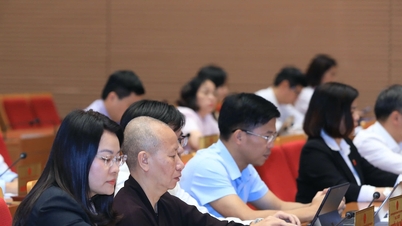

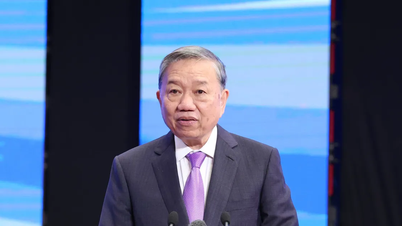

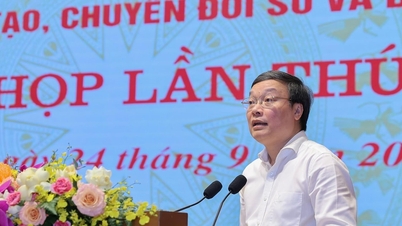













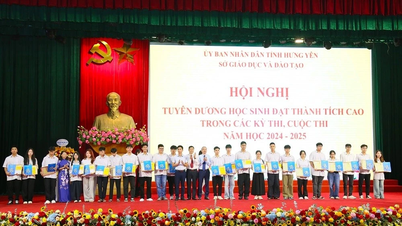




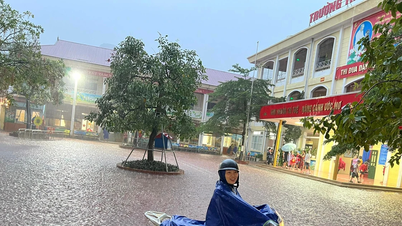

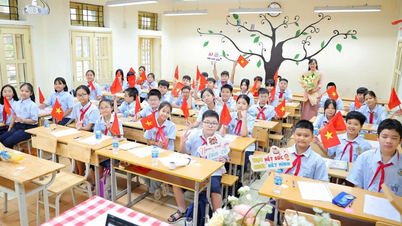
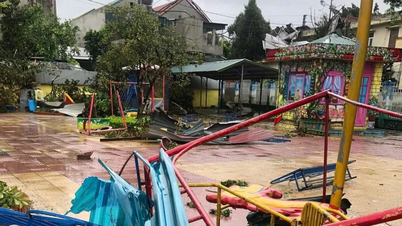
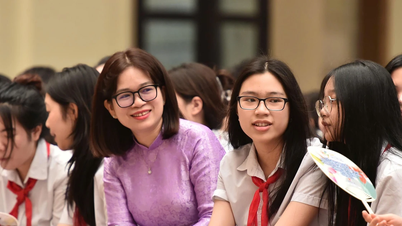
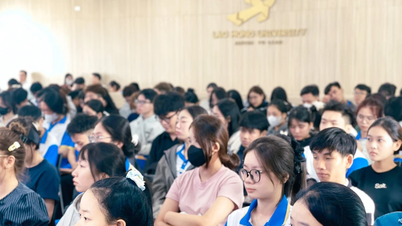
































































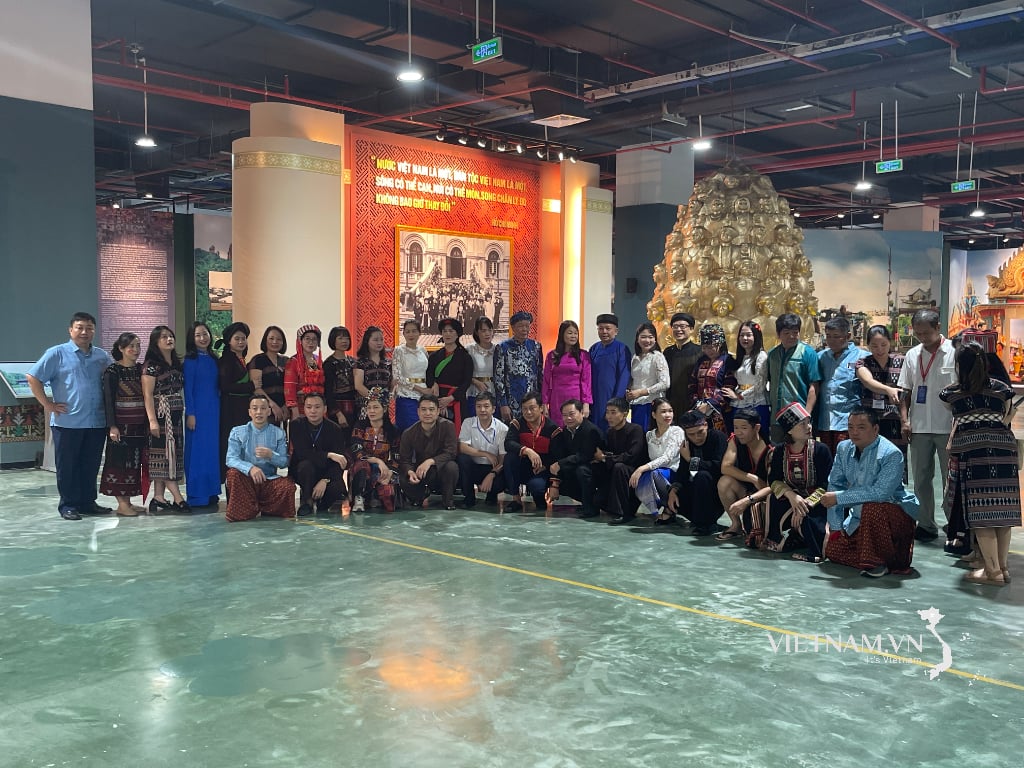

Comment (0)